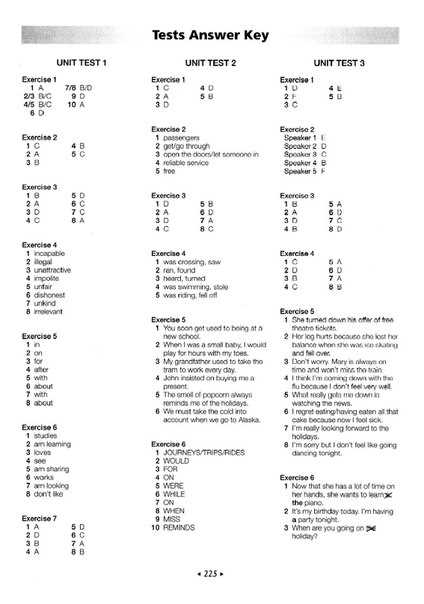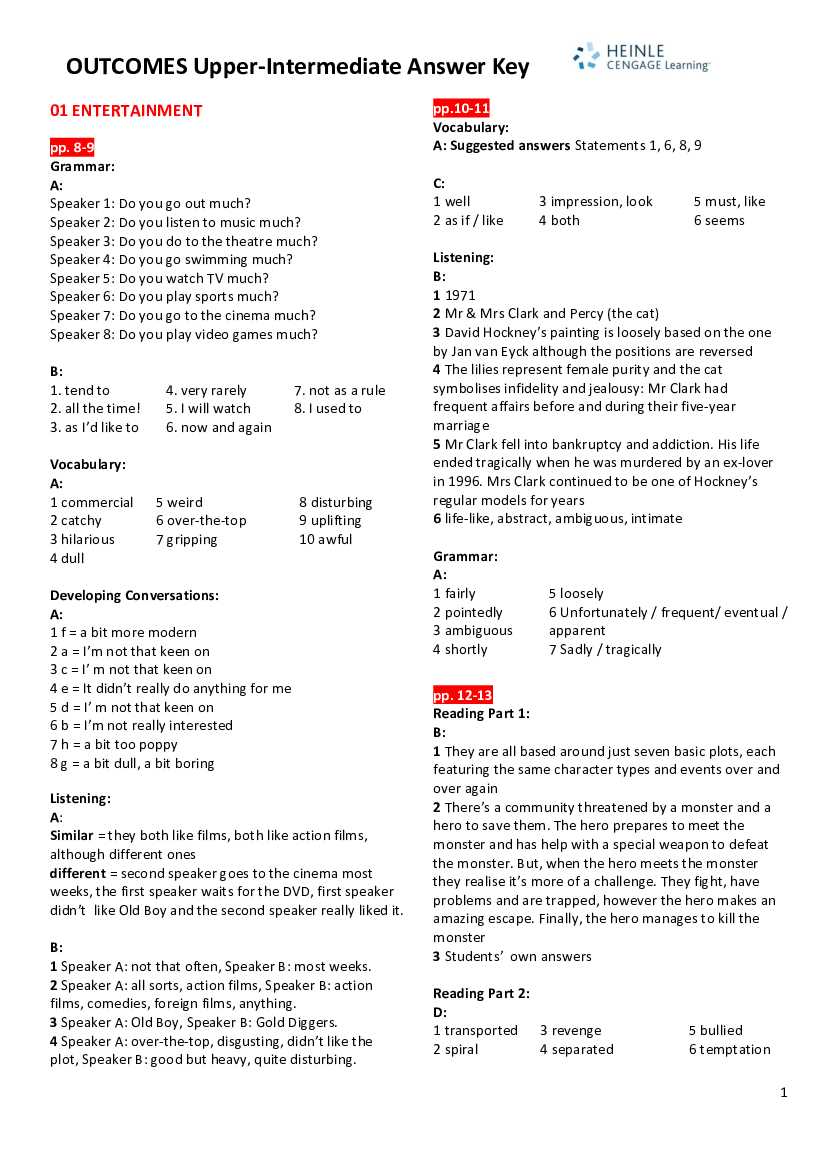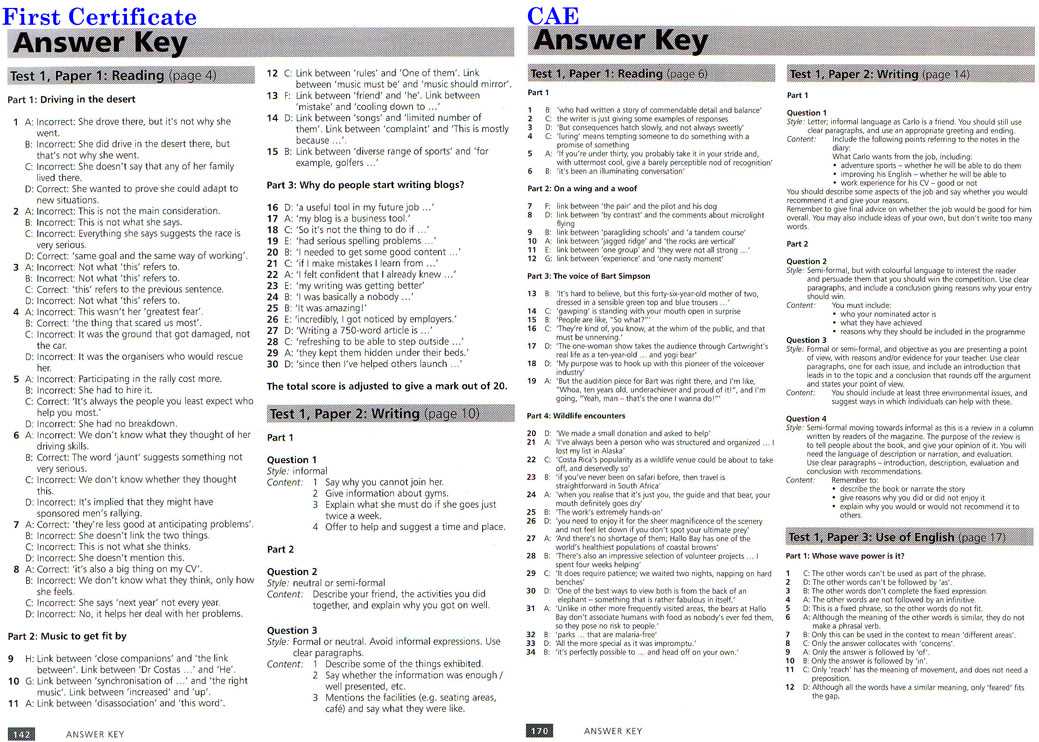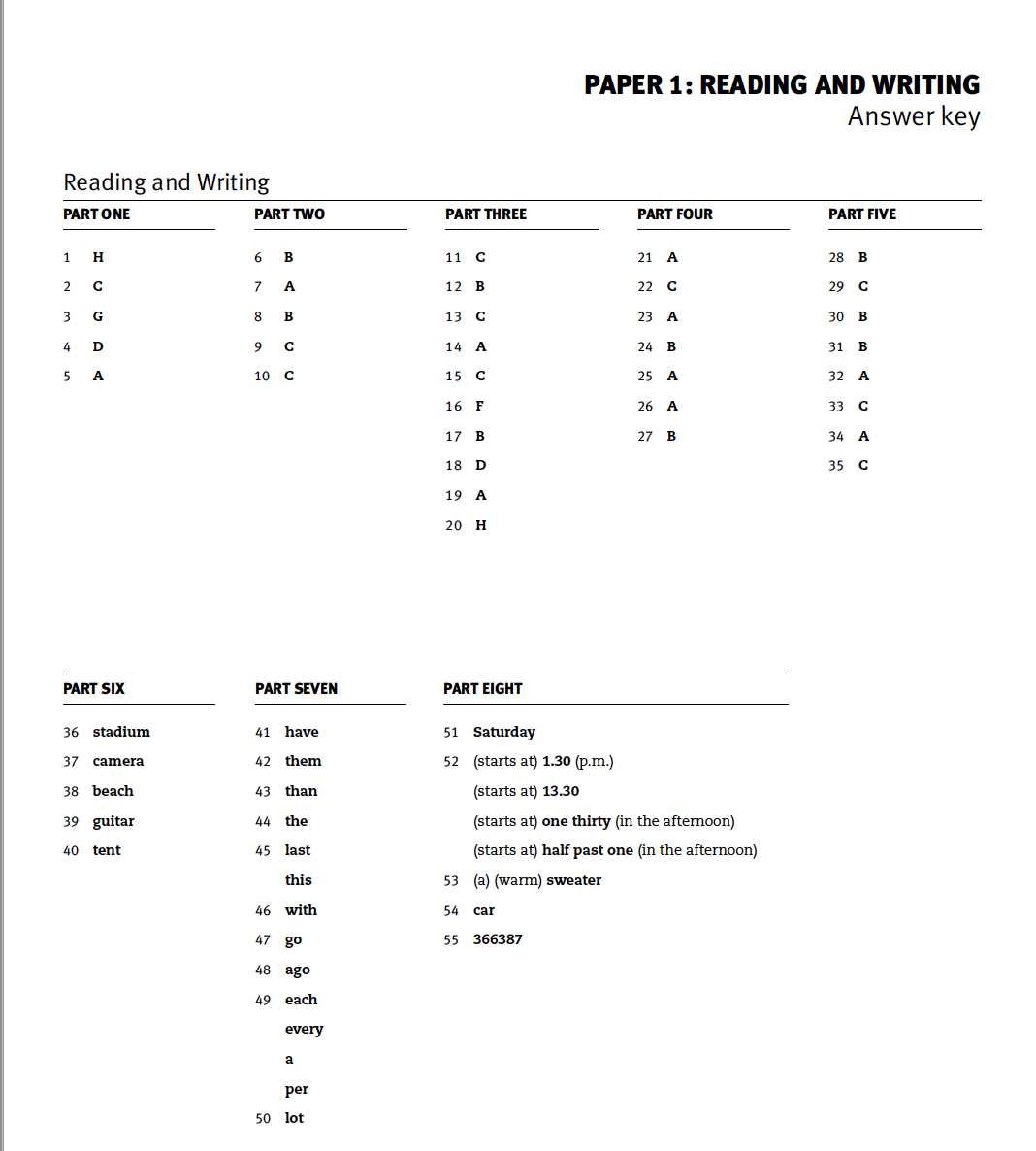
When preparing for a comprehensive evaluation of a classic work, understanding its core themes and characters is essential. Achieving success in this type of academic challenge requires a thoughtful approach, combining knowledge of the narrative with analytical skills. Identifying major ideas and character motivations will give students a solid foundation to excel in their assessments.
Breaking down common question types and learning how to approach them strategically can make a significant difference in your performance. Practicing with targeted exercises that focus on the most critical elements will help reinforce your understanding and improve your ability to recall key details under pressure.
Proper preparation is not just about memorization. It involves deeply engaging with the material, reflecting on the meaning behind each event, and drawing connections between characters and their actions. A well-rounded grasp of the story will enable you to answer with clarity and precision.
Furthermore, refining test-taking techniques such as time management and question analysis will boost confidence. By anticipating the structure and common inquiries in advance, you’ll be more adept at applying your knowledge effectively during the assessment.
Overview of Assessment Preparation

Successfully navigating an academic evaluation requires more than just recalling facts. It involves understanding core principles, analyzing characters, and interpreting key moments within the narrative. Whether preparing for a classroom quiz or a comprehensive exam, being well-versed in major topics ensures better performance and deeper comprehension.
Essential Themes to Focus On

- Historical context and its impact on the story
- Exploration of justice and morality
- Power dynamics and personal integrity
- Group mentality versus individual conscience
- Consequences of fear and mass hysteria
Character Analysis
Understanding key individuals within the story is crucial. Pay attention to their motivations, transformations, and interactions throughout the plot. Below are important figures to review:
- John Proctor – His internal conflict and role in the narrative
- Abigail Williams – Motivations behind her actions and influence on others
- Reverend Hale – Evolution from a confident believer to a questioning outsider
- Elizabeth Proctor – Her moral stance and impact on John’s journey
- Judge Danforth – Representation of authority and justice
Common Question Types
In most assessments, questions will revolve around key themes, character development, and significant plot points. Anticipate these areas:
- Explaining the significance of specific scenes or quotes
- Analyzing character motivations and their consequences
- Comparing different character arcs and decisions
- Evaluating the broader message or moral of the story
Effective Study Strategies
To excel in any academic evaluation, preparation is key. Here are strategies to help you approach your study session:
- Review your class notes and highlight central themes
- Create a character map to track relationships and traits
- Practice with previous questions to understand the format
- Group study sessions for discussion and deeper insight
- Use mnemonic devices to remember key events and their significance
Test-Taking Tips
Once you’re ready for the assessment, consider these tips to perform your best:
- Read all instructions carefully before beginning
- Allocate time wisely for each section of the assessment
- Answer easier questions first to build confidence
- Review your answers before submitting to correct any mistakes
Essential Aspects of The Crucible
To fully understand any work of literature, it’s vital to grasp the core elements that shape its narrative. Key concepts such as power, fear, and justice permeate the storyline, influencing characters and events. Recognizing these themes not only deepens comprehension but also enhances one’s ability to analyze the material critically.
Below is a table summarizing the essential aspects to focus on when preparing for an assessment related to this work:
| Aspect | Description |
|---|---|
| Conflict | Internal and external struggles faced by characters, such as personal guilt, social pressure, and moral dilemmas. |
| Justice | How the legal system is manipulated, the consequences of false accusations, and the ethical questions raised. |
| Fear | How fear drives characters’ decisions and leads to chaos, influencing both personal choices and societal events. |
| Authority | Examination of the role of power figures like judges and religious leaders, and the impact of their influence on others. |
| Morality | Questions of right and wrong, personal integrity, and the consequences of moral decisions. |
Key Figures to Know for the Test
Understanding the major characters in any narrative is crucial for success in assessments. These figures drive the plot, embody themes, and represent various moral and social dilemmas. Analyzing their motivations, decisions, and relationships will provide valuable insights into the story’s deeper meanings.
John Proctor
One of the most complex characters, Proctor struggles with guilt and integrity throughout the story. His journey revolves around his moral conflict and ultimate decision to challenge the prevailing hysteria. Understanding his transformation and the role he plays in the larger narrative is essential for grasping the work’s themes.
Abigail Williams
As the primary antagonist, Abigail manipulates those around her to serve her personal desires. Her actions are fueled by jealousy and a thirst for power, making her a pivotal figure in the escalation of events. Her motivations and the consequences of her choices are crucial to understanding the impact of fear and deceit in the story.
Common Questions You Might Face
When preparing for an academic evaluation based on a literary work, it’s helpful to anticipate the types of inquiries you may encounter. These questions often focus on understanding characters, themes, and key moments, requiring both recall and analysis. By practicing with these common question types, you can gain confidence in your ability to articulate your insights clearly.
Questions may ask you to explain significant events, analyze character motivations, or interpret the underlying message of the story. These types of inquiries are designed to test your understanding of the material beyond surface-level details, encouraging a deeper connection with the text.
Effective Strategies for Answering
Approaching an academic evaluation requires more than just recalling facts–it involves crafting thoughtful, well-supported responses. A clear and structured approach to answering questions will not only showcase your understanding but also help you express your ideas with precision. Utilizing proven strategies can enhance your performance and increase your chances of success.
Read carefully: Always begin by carefully reading each question to ensure you fully understand what is being asked. Pay attention to keywords that indicate whether the question requires a specific example, analysis, or explanation.
Support your responses: Whenever possible, provide concrete examples from the text to back up your points. Whether it’s a key event or a character’s decision, these examples demonstrate a deeper engagement with the material.
Stay focused: Keep your responses relevant to the question. Avoid straying off-topic, and aim to answer precisely what is being asked. This will help you convey your knowledge more effectively and prevent you from wasting valuable time.
How to Prepare for The Crucible
Effective preparation for an academic assessment requires a combination of focused study and critical engagement with the material. To truly understand a literary work, it’s essential to not only memorize key facts but also analyze themes, characters, and significant events that shape the story. By breaking down the material into manageable sections and reviewing the main ideas, you can approach the evaluation with confidence and clarity.
Begin by reading and re-reading important sections of the text to ensure a deep understanding of its core elements. Take detailed notes on characters, their motivations, and how they evolve throughout the narrative. Highlight key quotes and passages that illustrate central themes, as they often appear in questions requiring interpretation.
Additionally, practicing with potential questions can help you anticipate what might appear on the assessment. Focus on developing clear, concise responses supported by evidence from the text. Organize your thoughts before writing to ensure your answers are well-structured and directly address the question.
Examining Important Themes for Review
To truly understand the heart of any narrative, it’s crucial to examine the themes that shape its course. Themes are the underlying messages or concepts that drive the characters’ actions and influence the plot’s direction. By focusing on these central ideas, you can gain a deeper understanding of the work and be well-prepared for any questions that arise in assessments.
Key Themes to Focus On

- Justice and Injustice: Consider how the legal system is manipulated and the moral dilemmas that arise in pursuit of justice.
- Fear and Hysteria: Analyze how fear spreads throughout the community, influencing decisions and escalating conflicts.
- Power and Authority: Explore how figures in power control others and the impact of their authority on individuals’ lives.
- Integrity and Reputation: Reflect on how characters’ personal honor and social standing play a role in their choices.
- Guilt and Redemption: Examine the characters’ internal struggles with guilt and their attempts to redeem themselves.
Why Themes Matter
Understanding these themes is essential because they are often intertwined with characters’ actions and decisions. Recognizing how these ideas manifest throughout the story will allow you to craft more insightful responses when discussing the material in detail. Whether analyzing the moral conflicts of the protagonist or evaluating the consequences of societal pressures, these themes are central to understanding the work’s full impact.